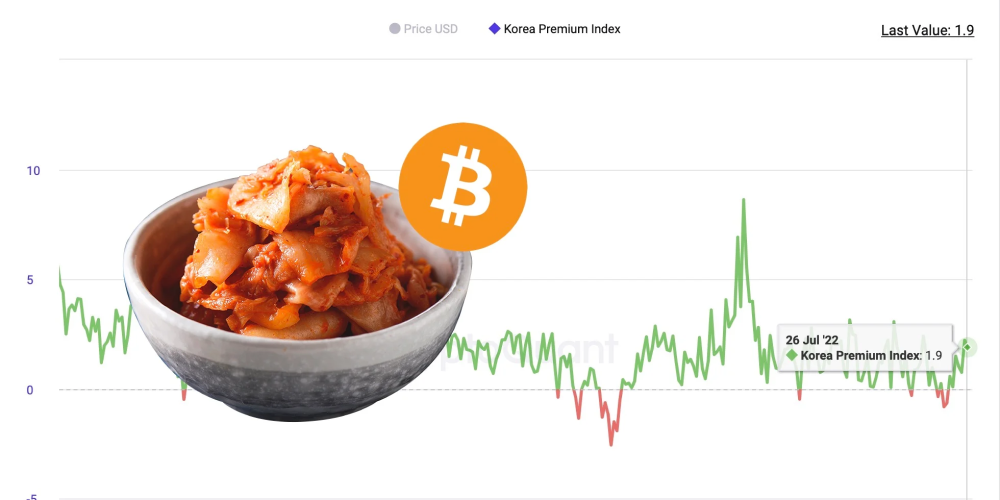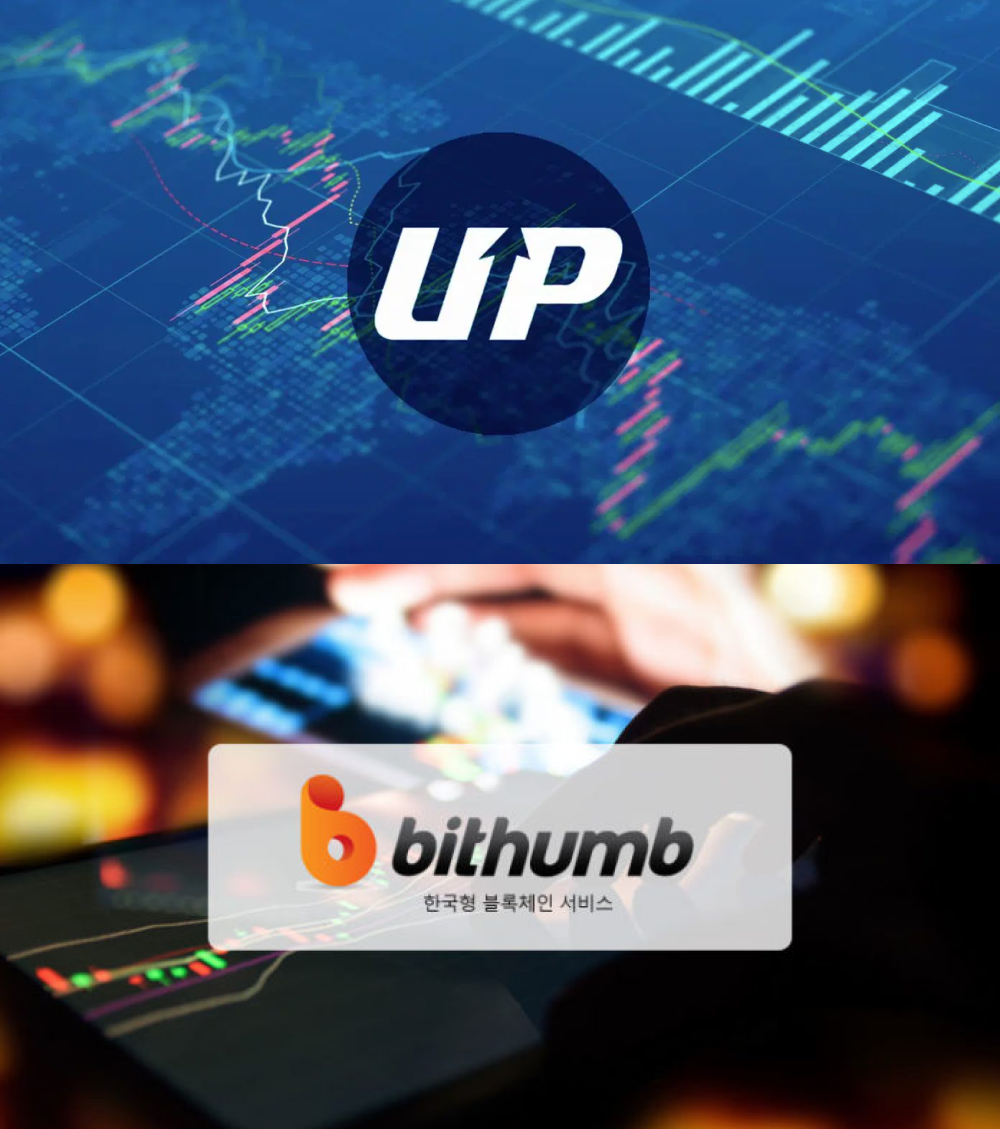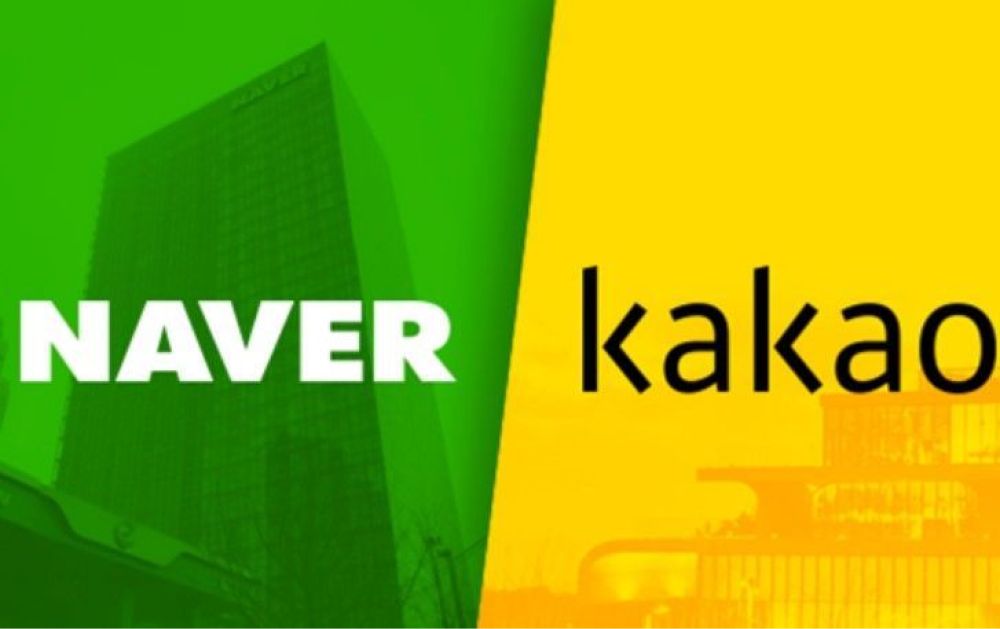In recent years, the enthusiasm for the cryptocurrency market in South Korea has surged like a volcanic eruption. The latest data shows that by the end of November 2024, the total number of cryptocurrency investors in South Korea has exceeded 15.59 million, accounting for more than 30% of the national population, with total assets reaching 102.6 trillion won (approximately 79 billion USD). The daily trading volume even approaches the total of the domestic stock market, which is astonishing. This phenomenon not only demonstrates the strong appeal of cryptocurrencies to the South Korean public but also indicates that digital assets have deeply embedded themselves in the financial ecosystem of South Korea.
Where Does the Cryptocurrency Enthusiasm of Koreans Come From?
“Generation Z” Racing on the Technology Track
The younger generation in South Korea can be considered digital natives, with an adaptability to technology comparable to high-speed 5G networks. Whether it’s blockchain, NFTs, or the metaverse, young South Koreans are always at the forefront of trying new things. They not only view cryptocurrencies as an investment tool but also as a symbol of connecting with the future. South Korea's superior internet infrastructure and the widespread adoption of smartphones further fuel this trend.
The enthusiasm of the younger generation for cryptocurrencies is not unfounded. Compared to traditional financial investments, the low entry barriers and high volatility of cryptocurrencies align more closely with the risk preferences of young people. They are not satisfied with the traditional model of being a "mortgage generation" but hope to achieve wealth leaps through emerging assets.
Kimchi Premium: The Unique Code of the South Korean Market
When it comes to the phenomenon in the South Korean cryptocurrency market that attracts global attention, the "kimchi premium" is definitely on the list. This is a unique market phenomenon: the price of the same cryptocurrency on South Korean exchanges often exceeds that on international markets. The reason behind this is closely related to South Korea's strict capital controls. Difficulties in transferring large amounts of capital abroad lead to an imbalance in the supply and demand relationship in the local market, thus driving up prices. For many investors, the "kimchi premium" is not just a price difference but an opportunity to make money. For example, seasoned arbitrage players may exploit this phenomenon to earn price differences through cross-exchange operations. However, for ordinary investors, this premium may become a psychological cue, further intensifying the market's fervor.

“Listing Equals Soaring” Effect: Who Can Resist the Temptation of Wealth?
In South Korea, there is another unique market phenomenon: whenever a new coin is listed on a major exchange, its price often experiences a sharp increase. This "listing equals soaring" effect stems from the trust mechanism of investors—they generally believe that only high-quality projects can enter the top local exchanges. Take Upbit as an example; this largest cryptocurrency exchange in South Korea not only occupies half of the domestic market but often ranks among the top in global trading volume. Whenever Upbit announces the listing of a new coin, market sentiment is often quickly ignited, attracting a flood of capital.
Policy Protection: From Chaos to Regulation
The Introduction of the "Virtual Asset User Protection Act"
Although the excitement of the cryptocurrency market is thrilling, the South Korean government has not relaxed its vigilance. To prevent the negative impacts of market volatility on investors, South Korea passed the "Virtual Asset User Protection Act" in 2023, which officially came into effect in 2024. This law is seen as the "stabilizing force" for the South Korean cryptocurrency market, not only increasing market transparency but also safeguarding investor rights.
The core provisions of this law include:
- Independent management of user funds: Virtual asset service providers (VASPs) must separate user assets from their own and store them in trusted financial institutions.
- Mandatory cold wallet requirements: At least 80% of user assets must be stored in offline wallets to reduce the risk of hacking.
- Insurance and reserves: Service providers must purchase insurance for virtual assets or establish risk reserves to respond to emergencies.
- Combating market manipulation: Prohibiting insider trading, market price manipulation, or other fraudulent activities.
The Double-Edged Sword of Policy
While the implementation of the new regulations significantly improves market compliance, it also puts considerable pressure on small and medium-sized exchanges and startup projects. Some small exchanges that cannot meet the high regulatory requirements may be forced to exit the market. Additionally, the new law's requirements for fund custody and cold wallets have increased operational costs, causing many startup teams to complain. However, in the long run, the strict enforcement of policies will inject more confidence into the South Korean cryptocurrency market. This not only helps attract international institutional investors but also provides local users with a safer investment environment.
Who Controls the South Korean Cryptocurrency Market?
The Dual Giants of Exchanges: Upbit and Bithumb
When it comes to the core players in the South Korean cryptocurrency market, Upbit and Bithumb are undoubtedly the most prominent names. Together, these two exchanges account for nearly 96% of the market share, with Upbit often ranking among the top three in global trading volume, just behind Binance. Upbit's success is attributed to its strong technical background and strict compliance management, while Bithumb maintains its market position through early layout and a broad user base. These two exchanges are not only the leaders in the South Korean market but also play important roles on the international stage.

The Driving Force Behind Technological Innovation
In addition to exchanges, South Korea's blockchain startups are also an important force driving the market. For example, Kaia, a new company formed by the merger of the blockchain departments of internet giants Kakao and Naver, is attracting global attention through its blockchain technology ecosystem. Another noteworthy project is Delabs, incubated by the well-known South Korean gaming company 4:33 Games, which is exploring new business models by combining blockchain with gaming. These innovative projects not only enrich South Korea's blockchain ecosystem but also provide investors with more diverse options.

The Road Ahead: Opportunities and Challenges Coexist
Although the South Korean cryptocurrency market appears to be thriving, the future remains full of uncertainties. The implementation of new regulations may improve security but could also lead to excessive market concentration. Some small exchanges and startup projects may be forced to exit due to compliance pressures. However, this does not mean the end of innovation. On the contrary, a strict regulatory environment may prompt companies to focus more on technological innovation to stand out in fierce market competition. At the same time, the government needs to find a balance between regulation and innovation to avoid missing out on the global cryptocurrency market's benefits due to overly conservative policies. As a technology-driven country, South Korea has every opportunity to occupy a more significant position in the global cryptocurrency field. As long as it can find the best balance between policy and market, South Korea's blockchain industry is bound to usher in new highlights in the coming years.
"Currently, over 75% of the top 50 tokens have outperformed Bitcoin in the past 90 days, injecting much-needed vitality into the market. The core driving force behind this phenomenon is worth our careful exploration."
From the enthusiasm of the younger generation to the unique characteristics of the kimchi premium market, South Korea's cryptocurrency market showcases its distinct local features. Although regulatory policies have somewhat limited certain innovations, they have also injected more stability and confidence into the market. In the future, South Korea may not only further consolidate its position as a cryptocurrency hub in Asia but also has the potential to secure a place in the global market.
Who would have thought that this country, famous for its kimchi, is now igniting an undeniable revolution in the cryptocurrency field?
If you have any questions, you can contact us through the following official channels:
AICoin Official Website: www.aicoin.com
Telegram: t.me/aicoincn
Twitter: x.com/AICoincom
Email: support@aicoin.com
Group Chat: Customer Service Yingying、Customer Service KK
免责声明:本文章仅代表作者个人观点,不代表本平台的立场和观点。本文章仅供信息分享,不构成对任何人的任何投资建议。用户与作者之间的任何争议,与本平台无关。如网页中刊载的文章或图片涉及侵权,请提供相关的权利证明和身份证明发送邮件到support@aicoin.com,本平台相关工作人员将会进行核查。




